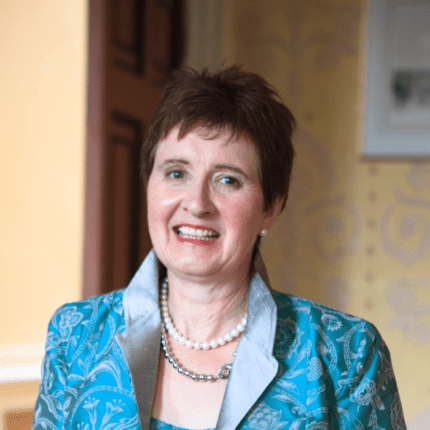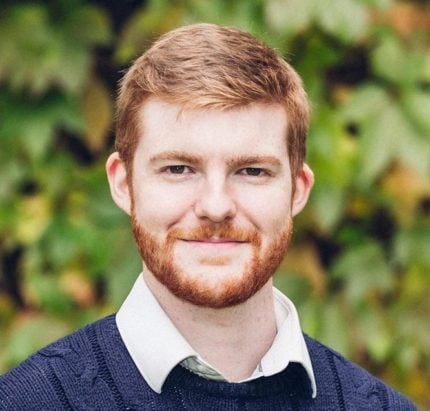The issue of free speech in universities continues to plague UK campuses. Earlier this year, the government announced “landmark proposals” to tackle the issue, including appointing a “free speech tsar” and giving the Office for Students powers to sanction institutions deemed to be doing too little to promote free speech and academic freedom.
But hot-button issues from perceived transphobia to Islamophobia continue to plague university campuses and it’s not clear the government’s plans will do much to help.
Some of the proposals replicate existing legal requirements on universities. Others, like the proposal to extend free speech requirements to student unions, would have a much bigger impact because it would prevent unions from denying platforms to people with lawful views that they don’t like.
But perhaps the biggest consequence of these plans is how they’ll affect the sector’s reputation. Far from restoring confidence in universities, it’s likely this intervention will just inflame longstanding moral outrage about universities failing to be bastions of liberal democracy. As we argue in our new book, Freedom of Speech in Universities: Islam, Charities and Counter-terrorism, there’s a popular binary narrative that accuses universities and students either of unfairly restricting legitimate free speech, or of giving too much freedom to extremists (particularly Muslim ones).
The so-called free speech crisis
Indeed, according to a 2019 poll by Theos, the religion and society think tank, 52% of adults think that free speech is under threat in universities, and 29% think that “Islamic extremism” is common on campus. Neither assumption is accurate. According to the Office for Students, in 2017-18 only a tiny number of referrals (15) were made by English universities to Prevent, the deradicalisation programme. In the same year, out of 62,094 requests for external speakers, only 53 were rejected. High-profile incidents of student no-platforming do not reflect the huge number of speaker events which go ahead every year unimpeded.
Though free speech isn’t in a major crisis on campus, that doesn’t mean there aren’t issues that should be taken seriously. Survey evidence suggests that a significant minority of right-leaning students feel unable to express their views as freely as they would like on campus. As our research shows, there are structural factors which push universities and student unions towards being cautious.
One of those issues is the Prevent Duty, the requirement on universities to identify people at risk of radicalisation into terrorism and to report them to the authorities. Prevent relies on ordinary, untrained people to spot radicalisation. This means that many, particularly those with socially conservative views, are at risk of being wrongly labelled extremists.
A major project, funded by the Arts and Humanities Research Council, looks at free speech in relation to Islam and the experiences of Muslims on campus. Led by Alison Scott-Baumann in 2015-18, over half of the 253 students and staff (Muslim and non-Muslim) who were interviewed commented negatively about Prevent or described it as chilling free speech. Some said they needed to self-censor in order to avoid arousing false suspicion of extremism.
Charity law (which affects student unions because they’re considered charities) can also inhibit speech on campus. As student unions have been regulated by the Charity Commission since 2010, the law requires unions to ensure their activities don’t risk damaging their reputations. Charity Commission guidance also requires charities, including unions, to be cautious about or even avoid hosting views that, though controversial, “might fall well below the criminal threshold”.
Our interviews with student union managers in 2016-17 found that some have felt forced to be wary, turning down requests for potentially controversial (though lawful) speakers in fear of breaching charity law. One manager described these charity law requirements as “clipping our wings” on free speech and making him “risk-averse” regarding speakers: “I say ‘no’ more than ‘yes’ these days, it’s disappointing.”
We also found that, while the Charity Commission is generally a light-touch regulator, when it has intervened it has pushed some student unions to avoid controversial speakers. The government’s proposal to make student unions subject to the free speech legal requirement fails to address the fact that charity law would continue to push them in the opposite direction.
How to fix the problem
University managers need to respond to these structural issues. In terms of Prevent specifically, there should be transparent, regular dialogue with Muslim students and staff to help address any concerns about the programme. Managers should also encourage student unions to be bold and host controversial speakers if they’re requested, rather than being unnecessarily cautious.
But beyond this, universities should be far more proactive in creating opportunities for students in all disciplines to engage in rigorous debate about relevant controversial issues. Our book explains how lecturers can create a “community of inquiry” in the classroom – a space for frank debate, where participants agree ground rules at the outset and thus take ownership of the debating process.
Finally, universities need to push back against the damaging narratives that undermine their reputation. This in part means better explaining how they’re handling free speech and difficult debate. Rather than the simplistic choice between more or less free speech, we argue there are in fact four options:
- libertarian (where there are no constraints at all on language or content as long as both are lawful);
- liberal (where free speech on any topic is upheld as far as lawfully possible, but the most offensive language is avoided);
- guarded liberal (where some restrictions may be in place); and,
- no-platforming (where particular ideas or speakers are denied a platform).
Universities should take the liberal approach by default, although it might occasionally be reasonable to use different approaches for particularly controversial topics. Either way, by using this model flexibly and transparently in conversations with event organisers, universities can explain which approach they have used and why.
Only through university-led reforms like these can we address the issues chilling speech on campus. The government’s sanctions-heavy approach will achieve little apart from fostering more needless outrage.![]()
This article is republished from The Conversation under a Creative Commons license. Read the original article.



















